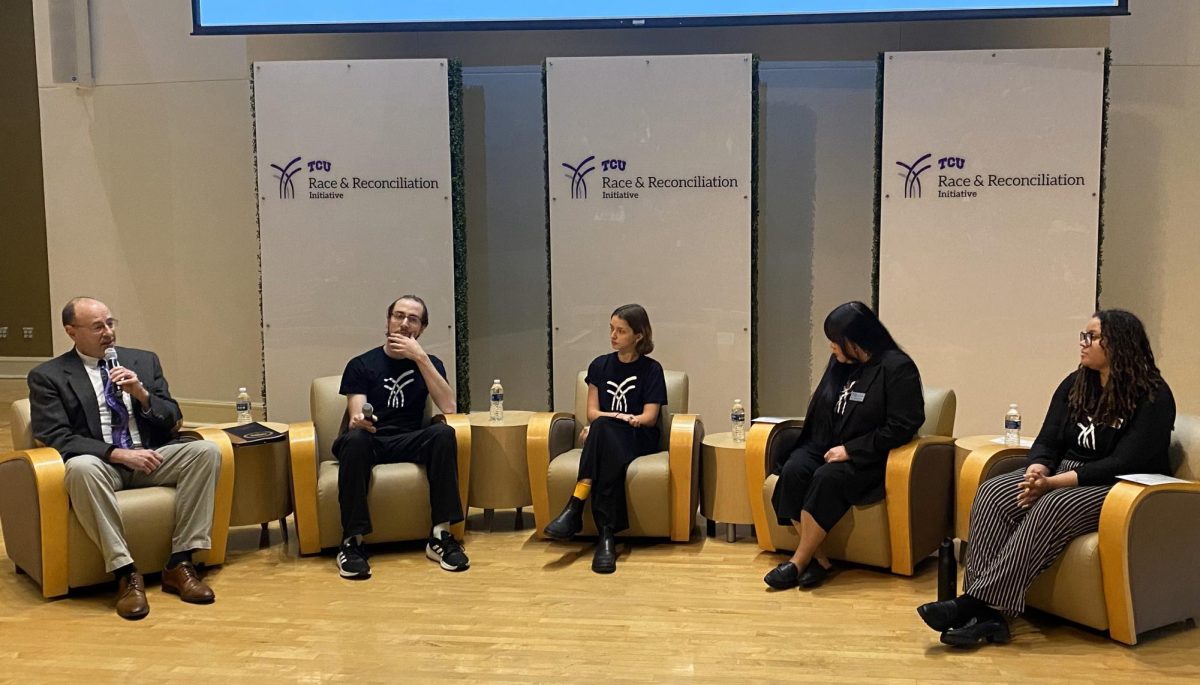Facebook seemed to blow up as soon as it went live, becoming a popular site for college students and alumni alike. The original purpose of Facebook was for social networking and keeping in touch 8212; allowing wall posts, pictures and status updates.
It has become so much more, however, and it may be being used by employers to keep tabs on employees. A major reason to maintain subtlety online is because employers could use social networking sites to see who their potential employee really is.
It seems as though one must keep this up even after attaining a job. Because managers are using Facebook as a means of keeping up with their employees’ private lives, they are also able to use their findings as means of termination, according to a Jan. 21 article from The Wall Street Journal.
Such was the case not too long ago, when a school teacher in Georgia was pressured to resign after pictures of her holding a glass of wine were posted to her Facebook page, according to the article. Another case, set to go to trial next week, concerns a woman who criticized her boss on a social networking site and was later fired.
Both of these cases involve a direct violation of privacy in an area where rules and laws are fuzzy at best. Because social networking sites are fairly new, rules and laws pertaining to what’s fine to post and what isn’t haven’t been set yet.
Employers going to Facebook to check out what their employees are posting seems to be a new means for employers to terminate someone for unreal reasons. This could even extend to managers’ personal feelings about the employee in question, not the employee’s work effort or performance.
This use of social networking sites could allow employers to target those employees they may not like and find something on which to base a firing. These problems seem to stem from the lack of regulations about social networking in the workplace. It is one thing to ban it from use at work, but it’s another thing to restrict the content an employee can post at home.
If employers would set regulations regarding social networking sites, such as not to badmouth your boss or the company publicly on them, then confusion of what’s appropriate and what isn’t would greatly diminish.
Without such standards, though, problems between employees and their managers over social networking sites continue to happen, though the employers’ use of the sites may be violating the privacy of their employees and their right to freedom of speech. By having set rules, these problems can be avoided.
KC Aransen is a sophomore psychology major from Arlington.




